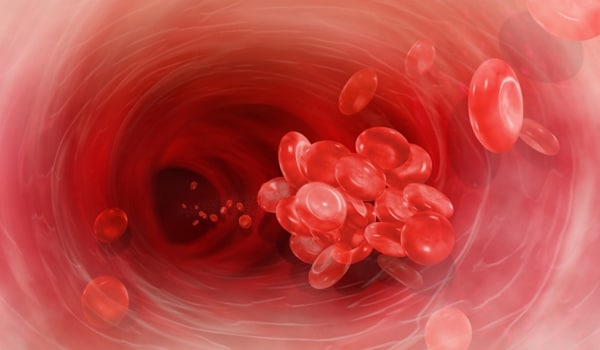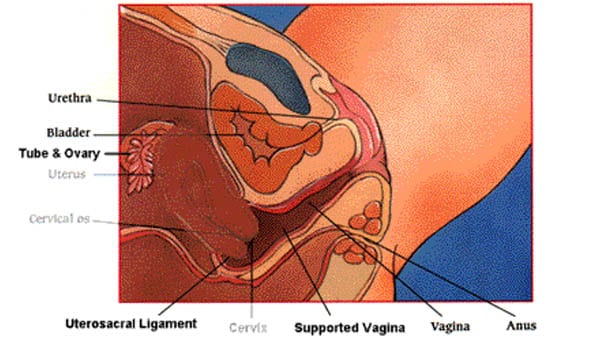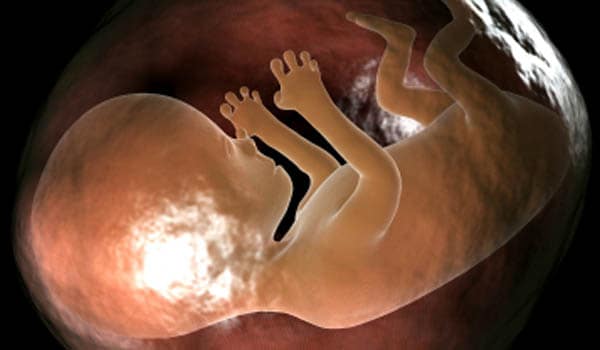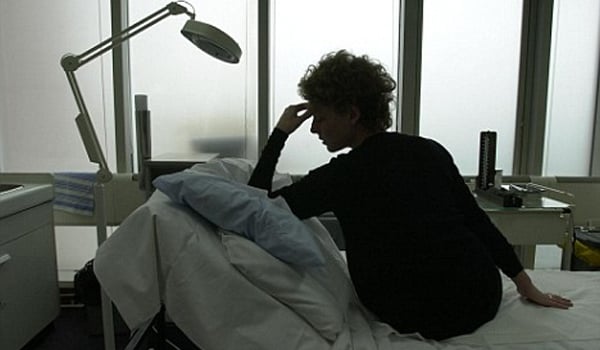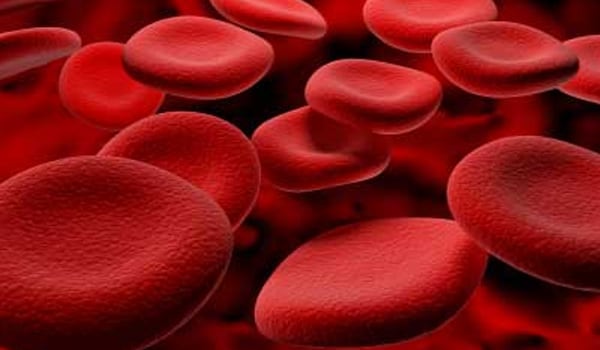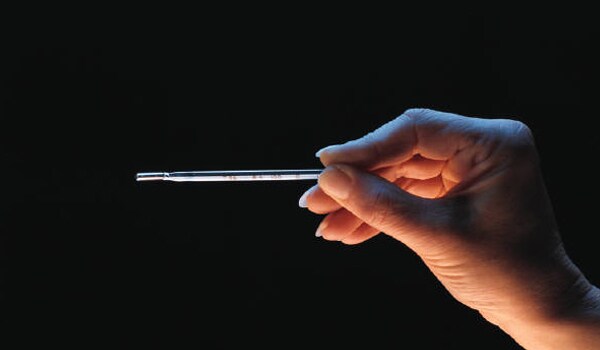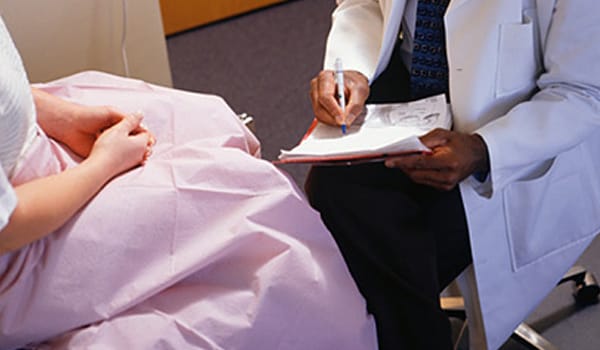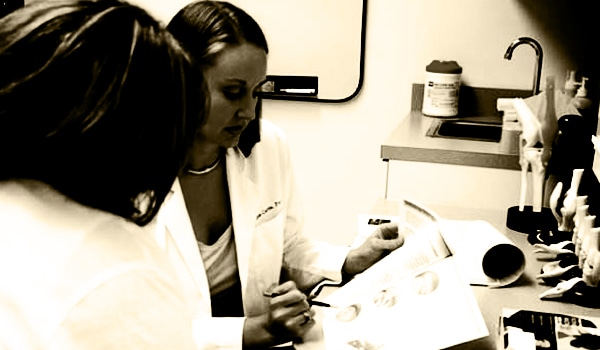Health Photos
-
Abortion is the termination of pregnancy by any method (spontaneous or induced) before the fetus is viable (less than 20 weeks of pregnancy) to survive independently.
-
Out of almost 35 million abortions, which take place annually in the world more than half of them are illegal and performed by untrained, unskilled personnel under highly unhygienic conditions.
-
Blood clots accumulating in the uterus, requiring another suctioning procedure, which occurs in less than 1% of cases.
-
Infections, most of which are easily identified and treated if the woman carefully observes instructions, which occur in less than 3% of cases.
-
Spontaneous abortion is a very common experience for women. It is estimated that between 25-50% of conceptions spontaneously abort. Researchers do not have an exact figure due to the fact that when this occurs very early on, many women do not know that they were ever pregnant.
-
Abortion in the first three months of pregnancy can be performed by cervical dilatation followed by evacuation of uterus or menstrual aspiration. Both surgical methods and medical methods can be adopted.
-
Tear in the cervix, which may be repaired with stitches, which occurs in less than 1% of cases.
-
Abortion in the second three months of pregnancy (13-20 week) can be done by medical methods like ethacridine lactate and prostaglandin. It can also be performed through surgical methods such as aspirotomy, hysterotomy and hysterectomy.
-
Incomplete abortion, in which the tissue from the pregnancy remains in the uterus, and requires the abortion to be repeated is a complication which occurs in less than 1% of cases.
-
Excessive bleeding caused by failure of the uterus to contract, which might require blood transfusion that occurs in less than 1% of cases.
-
Chills or fever with a temperature of 100.4 0F or more could also be a sign of a post-abortion complication.
-
If a woman has severe pain after an abortion, she should contact the facility that provided the abortion immediately.
-
If you are experiencing foul-smelling discharge from your vagina, do contact the doctor to avoid complications.
-
To prevent complication after an abortion, find a good clinic or a qualified, licensed practitioner.
-
Inform the practitioner of any health problems, current medications or; allergies to medications or anaesthetics to prevent post abortion complications.
-
Women can lower their risks of complications by not delaying the abortion procedure. After six weeks from LMP, the earlier the abortion, the safer it is.
-
Follow post-operative instructions and return for a follow-up examination.




